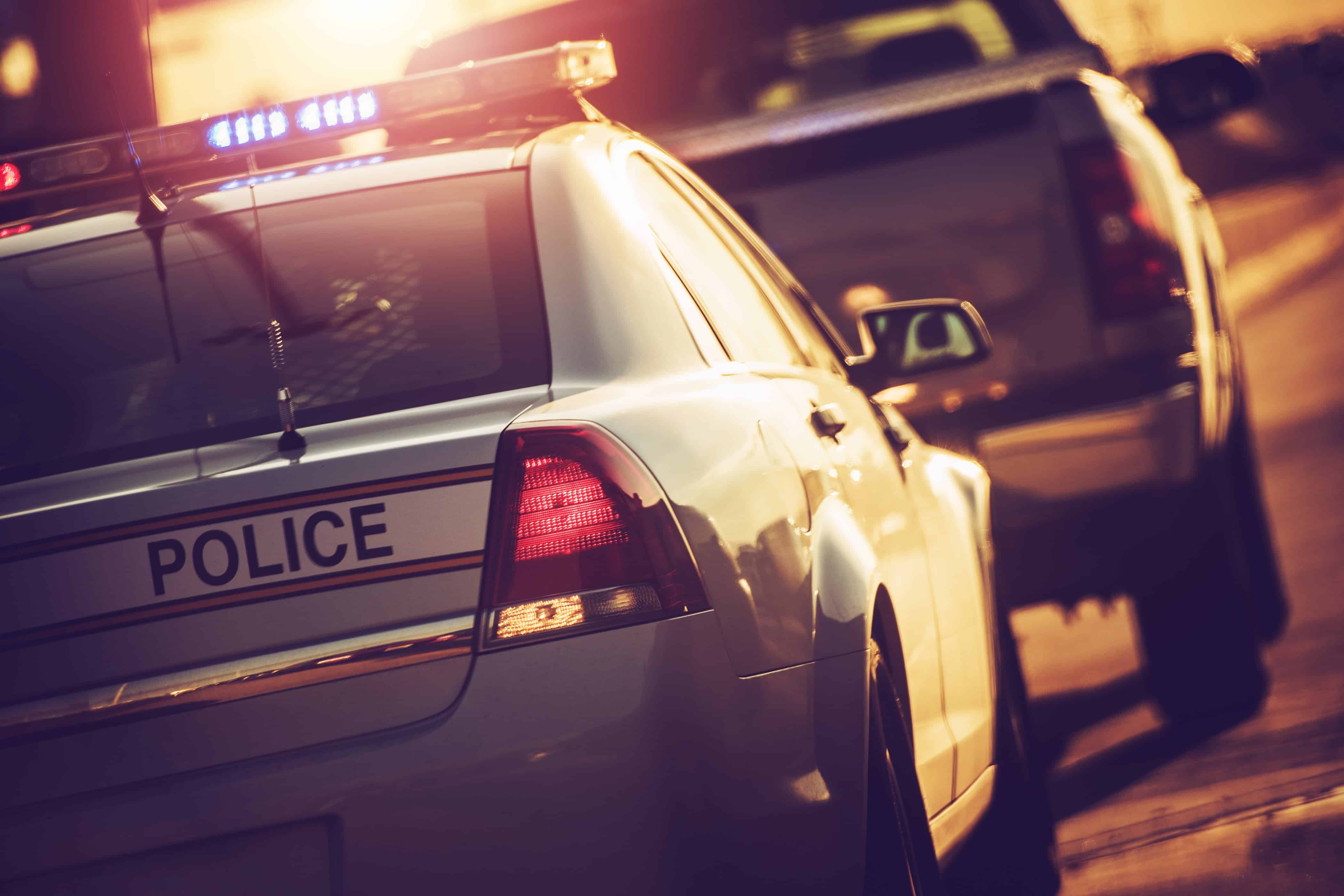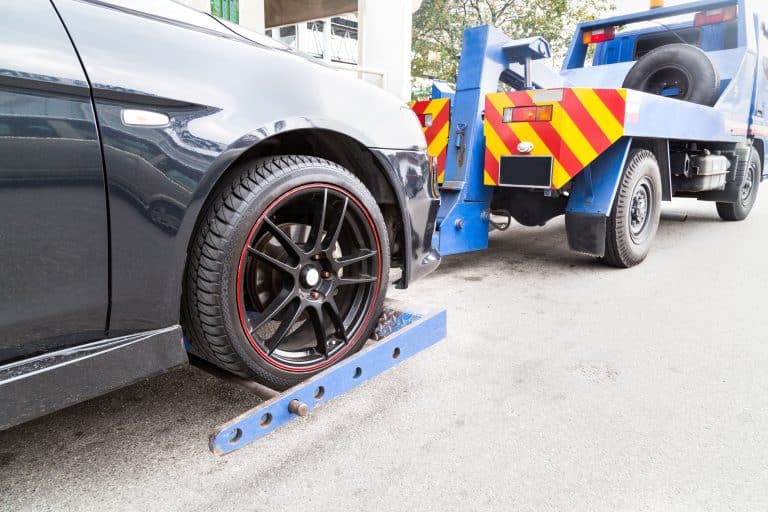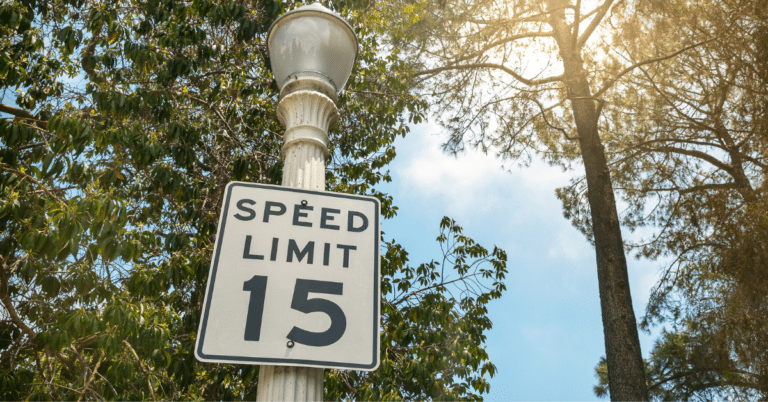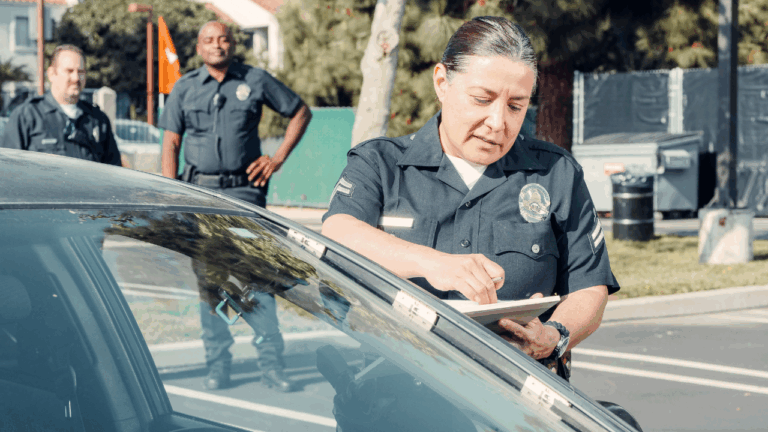We’ve all seen the video posted to various websites. A person has come into contact with law enforcement and begins recording the encounter on a cell phone. Sometimes it’s the result of a traffic stop; other times it may involve an event like a party or even just occur in a public place. Law enforcement officers are also stepping up their efforts to record interactions with civilians by using body cameras and dashcams. There’s no doubt that all of this on-the-scene footage is transforming the way these occurrences can be documented.
What Are Your Rights?
Under the First Amendment to the U.S. Constitution, people have a right to videotape or photograph a police officer performing their duties in public. That said, the way states implement that right varies.
If you find yourself in this situation, the best approach would be to ask nicely before pulling out your cell phone to take a picture or begin recording. Or, you can simply inform the officer that you are filming the incident to protect yourself. Either would set a better tone than whipping out your cell phone and making an antagonistic comment like, “You better watch out…I’m filming you!” Remember, too, most law enforcement agencies now equip their personnel with body cameras, which are to be on at all times during encounters with civilians.
Whether done nicely or aggressively, the police officer doesn’t have the right to delete what you’ve recorded. This would be considered an obstruction of justice and destruction of evidence. I’ve never heard of it happening, but I suppose it might happen in a heated situation, though the officer will likely face significant legal consequences for doing so.
On the flip side, your filming cannot interfere with the ability of law enforcement to carry out its responsibilities. If it does, you might lose your cell phone. And, if you’re being arrested for a crime or your footage captured another person committing a crime, police might well be justified to take it, as they can seize evidence found at the scene of a crime.
Can a Bystander Record an Interaction?
In New York, New Jersey, and some other states, it’s perfectly legal for a bystander – someone who is present but not involved in the situation – to record as long as they have a legal right to be present at the location. For example, you cannot trespass on private property to film and you definitely cannot interfere with the police officer’s duties or compromise his or her safety in any way.
What About Wiretapping Laws?
Videotaping can run afoul of some state laws when it comes to the audio portion of a recording. That’s because states vary in the way that they apply federal wiretapping statutes. A violation of the federal wiretapping statutes can easily land people in legal trouble.
Generally speaking, you can record a police officer in New York and New Jersey as long as you do it openly, and as long as the officer knows that you're recording. If you try to film secretly, it might be another story. That’s because both are “one-party consent” states, meaning that it’s illegal to record a private, in-person or telephone conversation unless one party consents.
Nowadays, though, I think that most if not all officers at any civilian encounter know they are probably being captured on video – if not by the person they are engaged with, then someone else at the scene or around the immediate area. There are also commercial buildings and private residences that have active cameras filming what’s taking place in a given location.
Think Before You Hit Record
While at first blush it may seem like a good idea to have a record of an encounter with law enforcement, grabbing your cellphone to begin recording may not always be the best thing. If you don’t ask first, this may get the interaction off to a less-than-ideal start. Just remember that any video, even one that you take, may be used against you in court. Moreover, if you’ve been stopped for something that might be embarrassing, that camera footage could end up in the public domain for all to see.





